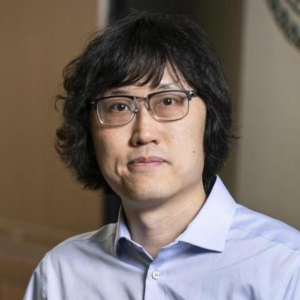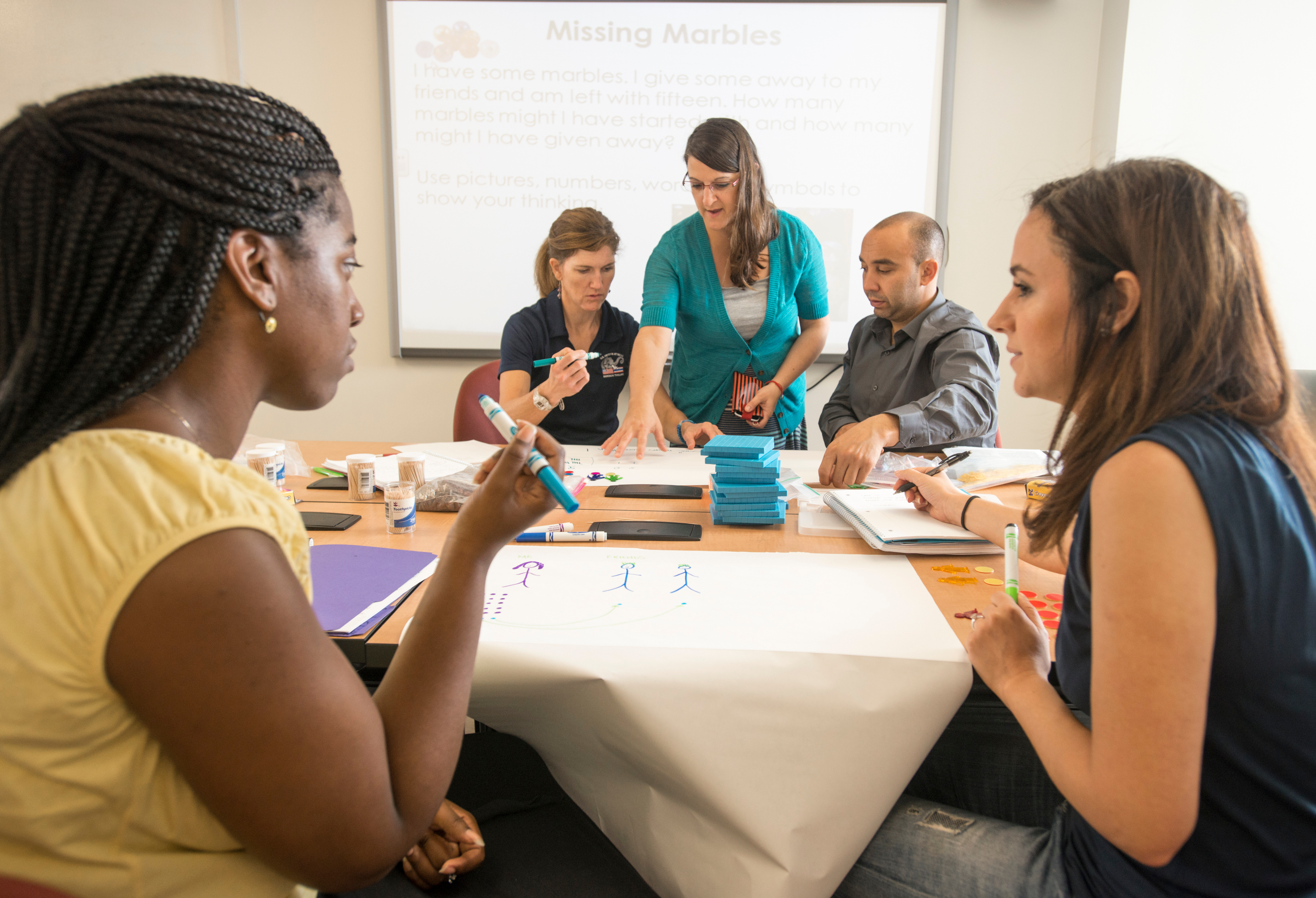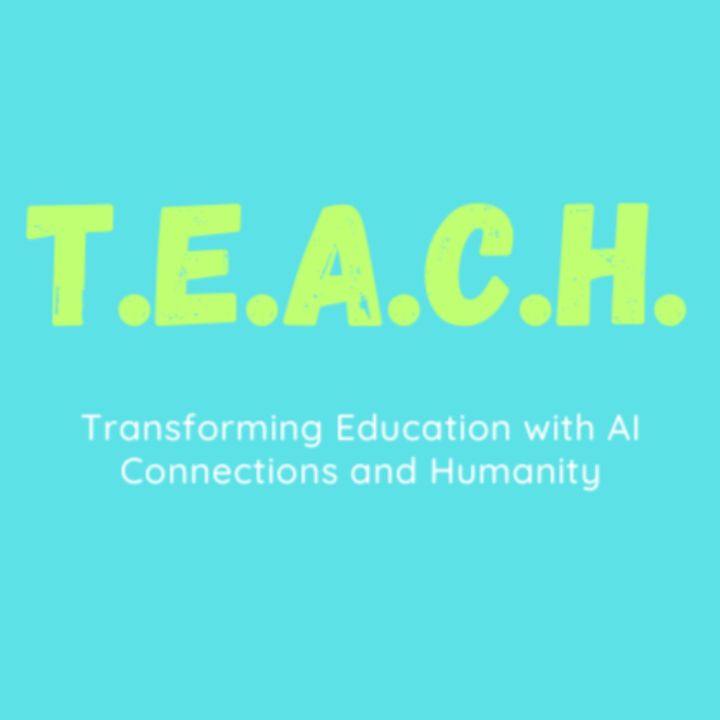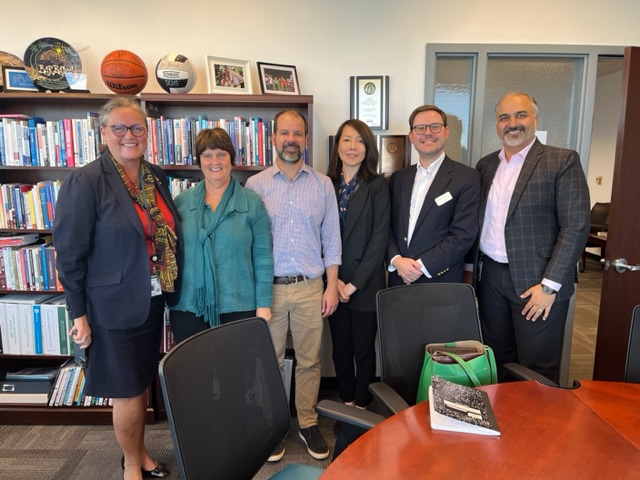1. Research-to-Practice Seminar
Research Collaborations with Fairfax Fire Department
📅 Tuesday, September 30 | 10:00 a.m.–12:00 p.m.
📍 Hybrid (In-person: Fuse Room 6333 | Online: Zoom link: https://gmu.zoom.us/j/92424464450)
CHAIS’ Craig Yu and Myeong Lee will lead a discussion showcasing their collaboration with the Fairfax Fire Department. They will share key research breakthroughs, lessons learned from the partnership, and perspectives on working with local government. Representatives from Fairfax Fire Department will also reflect on the partnership—its challenges, impact, and vision for the future.
If you are interested in developing partnerships with local governments, engaging in research-to-practice collaborations, or becoming part of the ongoing partnership with Fairfax Fire Department, we encourage you to join this event. While we provide participating information above, please sign up and let us, the organizers, know if you plan to attend here – https://forms.office.com/r/wWXHv0cpRh
Check update and agenda of this seminar here – https://chais.gmu.edu/event/research-to-practice-seminar/
2. Leadership & Engagement Opportunities at CHAIS
Special thanks to Alan Shark, who has agreed to serve as CHAIS’ first Outreach Committee Chair. This committee will design and lead outreach efforts to share the research of CHAIS faculty and build industry and government relationships, including through in-person engagements, webinars, websites, and social media.
We are seeking two additional members to join the Outreach Committee. If you enjoy outreach activities and have strong internal or external networks, we encourage you to join Alan in this important effort.
We are also seeking members to take on leadership roles in other CHAIS initiatives—such as a Board of Advisors, peer-mentoring programs, a proposal development working group, and more. If you are interested in contributing to these initiatives, or launching a new one, we look forward to hearing from you.
3. Upcoming Event: CyberAI Summit 2025: AI, Careers, and IBM
📅 Monday, September 22, 2025 | 10:00 a.m.–3:00 p.m. (lunch provided)
📍 1201 Merten Hall, 4441 George Mason Blvd, Fairfax, VA 22030
(Online participation available)
Registration is required. Learn more and register here –https://crc.gmu.edu/event/gmu-cyberai-summit-ai-careers-and-ibm/
This one-day summit will explore how AI, cybersecurity, and enterprise infrastructure are shaping the future of technology. Participants will gain hands-on experience with IBM platforms, including LinuxONE – a free Linux virtual machine for coursework, projects, and research, available for faculty and students. In-person attendees can earn an exclusive badge.
Please share with your colleagues and interested students. Hope to see you there.
4. Women Executives in Tech Circle
Peng is coordinating the Women Executives in Tech Circle sponsored by Mason’s Cyber Resilience Center (CRC) which brings together a cohort of women leaders in technology for peer mentoring, shared learning, and discussions with experts in tech and leadership.
If you or someone you know may be interested, please find more information and join here: – https://crc.gmu.edu/women-executives-in-tech-circle/
5. Faculty Research Spotlight
Thema Monroe-White
 Thema’s co-authored work entitled: “Social Networks and Entrepreneurial Outcomes of Women Founders: An Intersectional Perspective” received the Best Paper Award this past July at the 2025 Diana International Research Institute Conference in Auckland, New Zealand.
Thema’s co-authored work entitled: “Social Networks and Entrepreneurial Outcomes of Women Founders: An Intersectional Perspective” received the Best Paper Award this past July at the 2025 Diana International Research Institute Conference in Auckland, New Zealand.
Thema presented her co-authored research entitled: “Echoes of Eugenics: Tracing the Ideological Persistence of Scientific Racism in Scholarly Discourse” at the 29th Annual International Conference on Science and Technology Indicators Conference(STI-ENID) this September in Bristol, UK. This project utilizes machine leaning, natural language processing (NLP) techniques to trace ideological bias in scholarly publications over time.
New publication: Shieh, E., & Monroe-White, T. (2025, August). Teaching Parrots to See Red: Self-Audits of Generative Language Models Overlook Sociotechnical Harms. In Proceedings of the 2025 AAAI Summer Symposium Series (Vol. 6, No. 1, pp. 333-340). https://ojs.aaai.org/index.php/AAAI-SS/article/view/36070
Craig Yu
 Craig in the news:
Craig in the news:
- “Could Augmented Reality Paired With AI Save First Responder Lives?”, Government Technology, July 14, 2025
- “Augmented Reality is Revolutionising Firefighter Training”, Highways Today, June 3, 2025
Craig’s recent award: Mason 2025 Innovators Award (Digital Innovation)
Craig’s recent publications:
- Charles Ahn, Ashaki SetepenRa-Deloatch, Ubada Ramadan, Quang Vo, Jacob Matthew Wojtecki, Nathan Alan Moy, Ching-I Huang, Bo Han, Songqing Chen, Carley Fisher-Maltese, Lap-Fai Yu, Mohamed Alburaki“Teleoperated 360 Video Capture of Beehives for Scientific Visualization in VR”, Research Demo, ACM Symposium on Virtual Reality Software and Technology (VRST), 2025
- William Ranc, Thanh Nguyen, Liuchuan Yu, Yongqi Zhang, Minyoung Kim, Haikun Huang, Lap-Fai Yu “Multi-Player VR Marble Run Game for Physics Co-Learning”, Research Demo, IEEE International Symposium on Mixed and Augmented Reality (ISMAR), 2025
- Changyang Li, Qingan Yan, Minyoung Kim, Zhan Li, Yi Xu, Lap-Fai Yu“Crafting Dynamic Virtual Activities with Advanced Multimodal Models”, IEEE International Symposium on Mixed and Augmented Reality (ISMAR), 2025
To be featured in future faculty research spotlight, please submit your achievements (grants, publication, awards, recognition) you received during the last three months here – https://forms.office.com/r/jh04Hi3b58
6. Student Research Spotlight
We are adding a new feature to the CHAIS website to showcase current research topics and projects by doctoral students. Please encourage your students to submit a 300–500 word research description for consideration. Selected submissions will be published on CHAIS.gmu.edu along with a short bio and headshot. Projects that are highly relevant to CHAIS, demonstrate interdisciplinary thinking, strong research design, and potential for broad impact will be given priority.
Please invite qualified students to submit here – https://forms.office.com/r/wVQ0K0u7D3
7. Funding Opportunities
NSF
- AI Featured funding overview – https://www.nsf.gov/focus-areas/artificial-intelligence#featured-funding-13c
2.Seed fund on AI – https://seedfund.nsf.gov/topics/artificial-intelligence/
NIH
AI featured funding overview – https://datascience.nih.gov/artificial-intelligence
Bridge2AI – https://commonfund.nih.gov/bridge2ai
NEH
AI featured funding overview – https://www.neh.gov/AI
Humanities Research Centers on AI – https://www.neh.gov/program/humanities-research-centers-artificial-intelligence
Department of Education
AI featured funding guidance – https://www.ed.gov/about/news/press-release/us-department-of-education-issues-guidance-artificial-intelligence-use-schools-proposes-additional-supplemental-priority
SBIR (eligibility – small business) – https://ies.ed.gov/funding/research/programs/small-business-innovation-research-sbir/solicitation-information
DoD
AI Next Campain – https://www.darpa.mil/research/programs/ai-next-campaign
DAF AI Accelerator Fellowship – https://www.aiaccelerator.af.mil/Phantom-Program/
Run by the U.S. Air Force and MIT, this fellowship program places selected “Phantoms” into AI research teams to:
Work on real-world DoD AI projects.
Receive advanced AI training.
Influence acquisition and policy for ethical AI deployment.
It’s a five-month immersive experience for military and civilian personnel focused on AI innovation and implementation.
DAF AI Launch Point –https://www.dafcio.af.mil/AI/
This is the central AI innovation hub for the Department of the Air Force. It supports:
AI strategy and policy development.
Cross-agency collaboration on AI R&D.
Launching new AI pilot programs and partnerships.
DoE
Advanced Scientific Computing Research, Basic Energy Sciences, Biological and Environmental Research, Fusion Energy Sciences, High Energy Physics, Nuclear Physics, Isotope R&D and Production, and Accelerator R&D and Production – https://science.osti.gov/grants/FOAs/-/media/grants/pdf/foas/2024/DE-FOA-0003432.pdf
Private Sector / Philanthropy:
Google: https://research.google/ > https://research.google/programs-and-events/google-academic-research-awards/
Please let us know other opportunities to include in the next CHAIS newsletter.
8. CHAIS Listserv
If you do not want to be on this listserv, please let us know. Please also let us know if you want to invite someone on the listserv.










